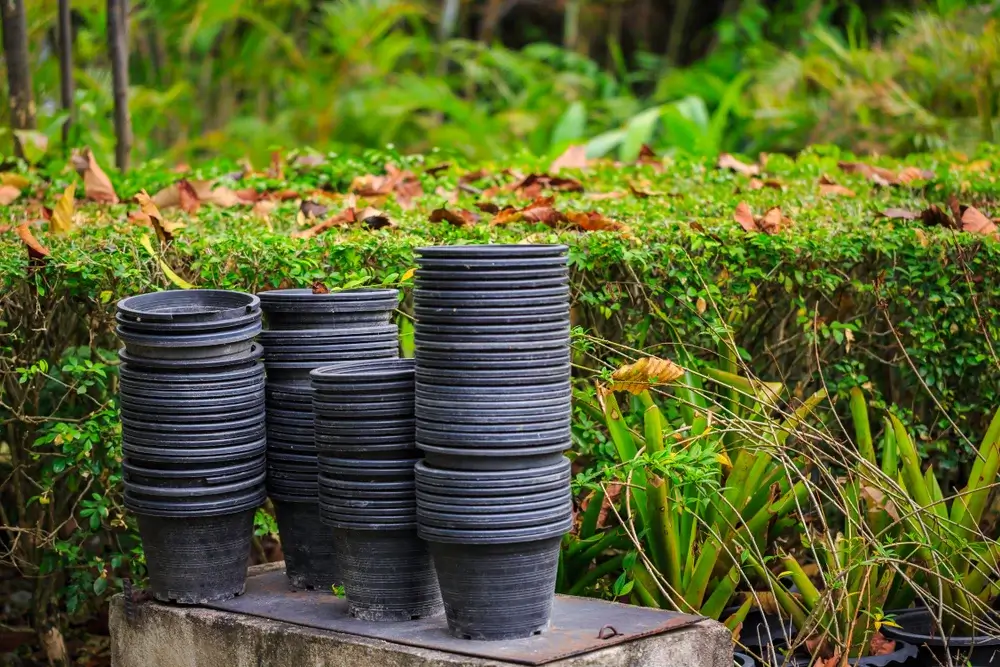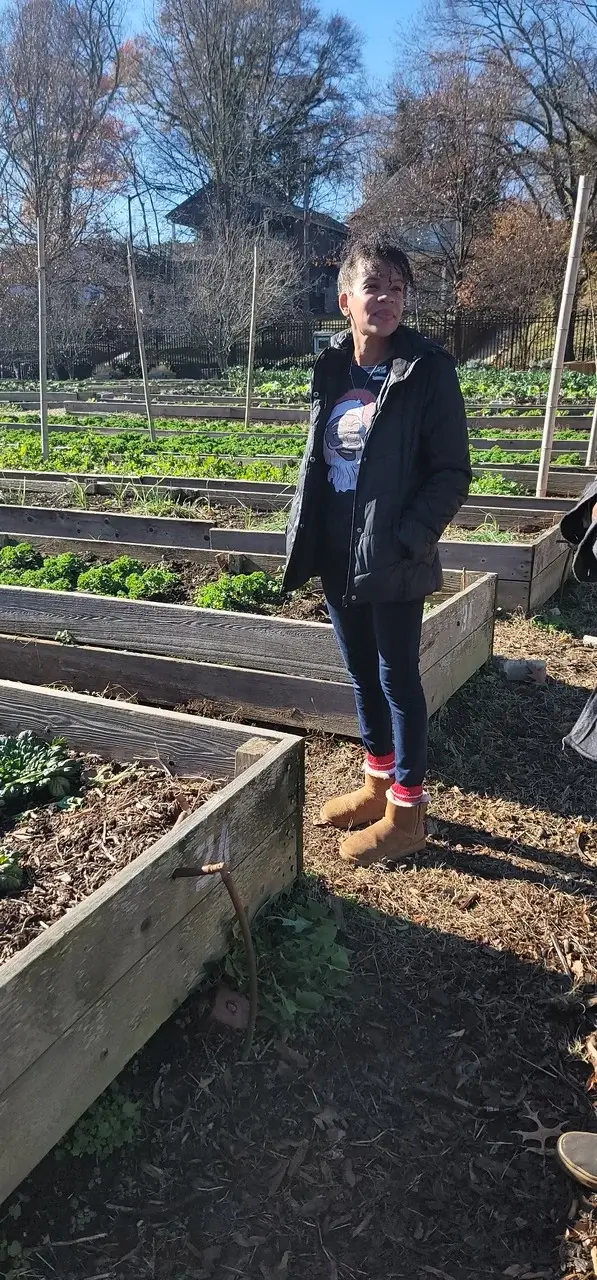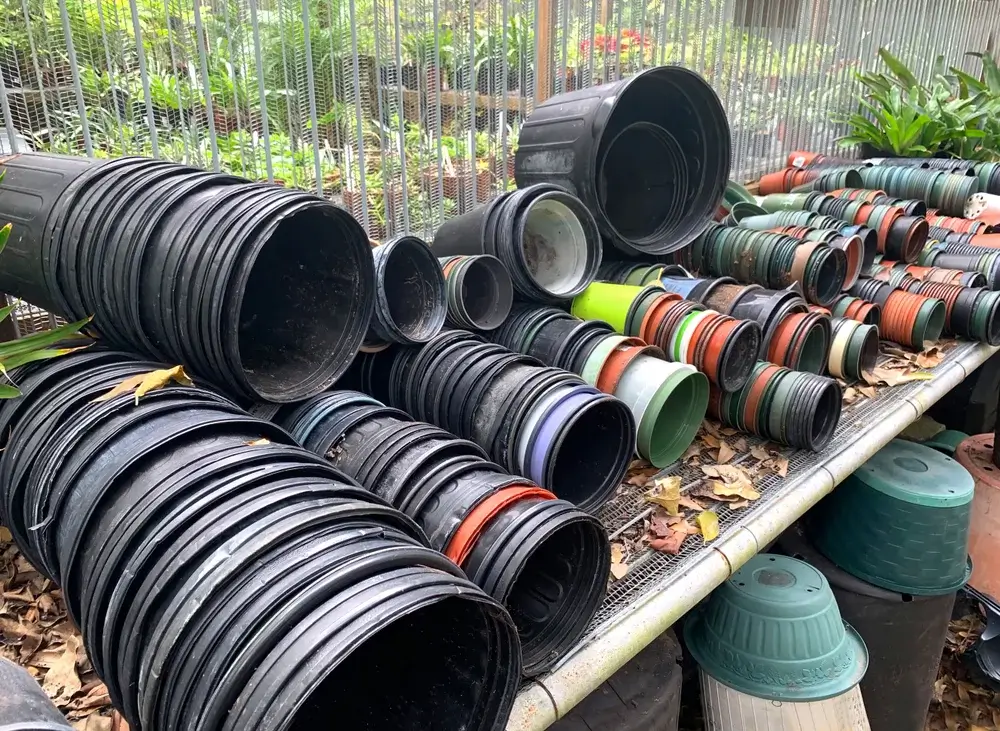When Briana Bosch started her Colorado flower farm, Blossom and Division, the fifth-generation farmer—her family had a dairy and corn farm—mimicked what her family had on a regular basis achieved: plastic panorama fabric to manage weeds, plastic seedling trays, plastic netting, even plastic irrigation tubing. It wasn’t prolonged sooner than she grew disenchanted with the amount of plastic she was using.
“Our foremost intention is to assist the ecosystem, heal nature, and be further attuned with nature’s processes,” says Bosch, who farms using pure and regenerative agricultural practices. “As I researched further about soil nicely being, I started to study the way in which plastic impacts microorganisms throughout the soil.”
full_link
READ MORE
A plastic tsunami is taking up farms. What can stop it?
Start interested in all the strategies we use plastic throughout the yard—seedling trays, panorama fabric, plant pots, to name only a few—and it’s arduous to unsee all that planetary warming fossil fuel-produced plastic. Most of it tends to get used for a season or two sooner than ending up in a landfill, the place the outcomes for the planet and ourselves could be dire.
Everybody is aware of regarding the topic of plastics throughout the ocean. The United Nations has declared the plastic air air pollution of our oceans “a planetary catastrophe.” Yearly, in accordance with Nationwide Geographic, about eight million tons of plastic waste ends in oceans. However, there’s seemingly rather more plastic air air pollution in our soils than in our oceans. Scientists estimate that larger than half of the world’s human inhabitants might have plastic passing through their our our bodies.
Researchers are nonetheless attempting to know what all that plastic is doing to us and to the soil, nevertheless some present analysis have found that microplastics can change the development of the soil and doubtless intervene with plant improvement within the occasion that they enter the plant tissues through the soil.
Nonetheless there are steps we’re capable of take to chop again the utilization of plastic in our gardens, lastly serving to to protect our nicely being and the planet.


Proper right here’s learn the way to start lowering the plastic utilized in your yard.
Swap your plastic plant labels
for picket sticks, stones, and even popsicle sticks.
“I actually just like the look and the satisfying of painting rocks as reusable labels! You’ll get paint markers, too, to keep up points a lot much less messy with the children,” says Nicole Baker, a biologist with The Wild Coronary heart, an interactive science museum in New York’s Adirondacks.
In its place of buying plastic ties and stakes
use pure twine to tie up vegetation and picket or bamboo stakes to assist them. You could even use a sturdy division out of your yard or an enormous stick as a stake. These provides break down naturally and are safer for the environment.
Give the plastic pots or containers you’ll have a second life.
You could wash, sanitize, and reuse them. “Within the occasion that they start to interrupt down, chances are you’ll normally use them as drainage supplies in larger pots or yard beds,” says Georgia-based entrepreneur and gardener Adria Marshall. Marshall, the founding father of a plant-based hair care agency, Ecoslay, has been gardening alongside her mother and grandfather as a result of the age of 12 and is on a mission to chop again single-use plastics in her yard.
If in case you may have a substantial amount of outdated plastic pots or seed starter trays you’re not using, you may additionally be able to return some to your native greenhouse. “This plastic costs money for these nurseries, a number of which are mom-and-pop-owned retailers and farms,” says Baker. “Many corporations will welcome the return of their plastics, and they are going to reuse them. This helps out the native enterprise and retains that plastic out of the landfill. It’s on a regular basis good manners to call ahead and ask in the event that they could be eager to take the outdated, nonetheless useful, plastic pots.”


Everytime you do need seed starter trays or pots, keep in mind your decisions.
“In its place of buying plastic seed trays or pots, use devices you already have spherical the house,” says Marshall.
You could seemingly repurpose devices equal to espresso cans, egg cartons, and presumably even outdated casserole dishes.
Bosch has found loads of success using cedar seed starter trays. “It holds up phenomenally successfully. You will assume they could rot, nevertheless they don’t.”
You’ll be able to too seek for develop baggage made out of pure fibers equal to cotton, burlap, jute, hemp, terracotta, and clay pots or biodegradable decisions like these made out of coconut coir, peat, or compressed paper.
Baker has even had success planting instantly into straw bales. “They act as every the container and as a rising medium. Straw bales get bonus elements because of they’re typically composted after the rising season for future use as a pure fertilizer.”
In its place of using plastic weed obstacles or synthetic mulch
use compostable provides equal to straw, grass clippings, picket chips, newspaper, or leaves. “It reduces plastic waste, and pure mulches moreover break down over time and add nutritional vitamins to the soil,” says Marshall.
Bagged soils, along with the seed starter trays, are two of the most important culprits of single-use plastic in residence gardens, says Bosh, together with that, most of the time, your soil possibly doesn’t need loads. Do you have to need mulch or soil amendments, try and buy the most important container chances are you’ll. Some yard services and even metropolis landfills which have composting would possibly provide refill stations the place chances are you’ll carry your private containers.
“It hasn’t been as arduous as I assumed,” says Bosch, who was determined to look out strategies to farm with out using plastic. She started by eradicating about two-thirds of all the panorama fabric she used sooner than lastly eradicating all panorama fabric and plastic netting, using pure mulch or cowl crops to manage weeds in its place. The hardest half has been discovering an alternative to the plastic irrigation tubing, as tubes with fabric are lined with resin and copper is solely value prohibitive. “We’re looking for the easiest prime quality we’re capable of uncover so we’re not altering it yearly and should patch it as needed.”
You’ll be able to start by specializing in one issue at a time, and it will not be glorious.
